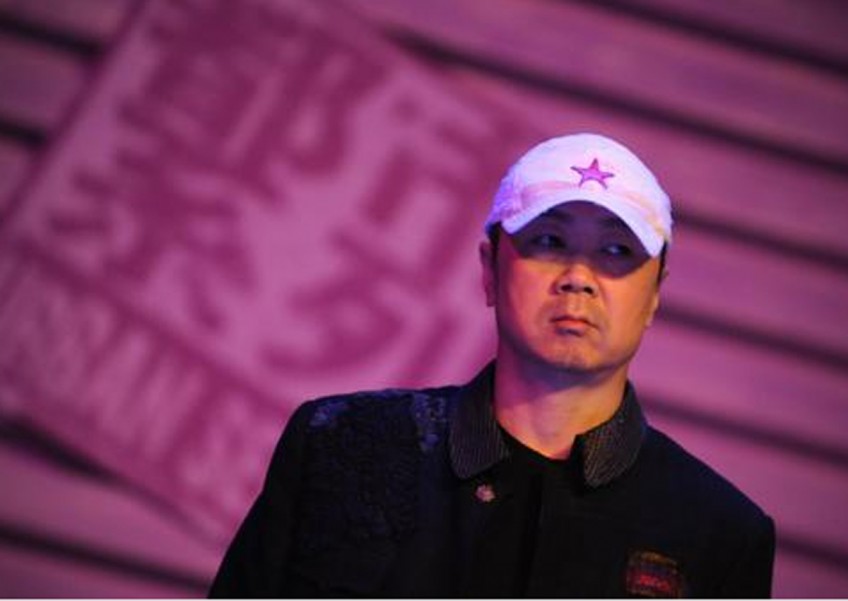How to be a rockstar in Beijing

On 4 June 2014, 25 years after it bore the fallen bodies of pro-democracy demonstrators, Tiananmen Square looked as it might on any other day. Beneath an imposing portrait of Mao Zedong, tourists milled about and children laughed and played as they would anywhere else. Military personnel laced the square's perimeter, however, swarming it in numbers noticeably larger than usual.
But morning bled into night without suspense, the anniversary's tense calm unbroken.
In Tiananmen, no microphones blared, no candles burned, and no heads bowed, as they did in vigils held in Taipei's Liberty Square and Hong Kong's Victoria Park.
Nothing to My Name, the anthem of the 1989 student democracy movement, written by the founder of Chinese rock 'n' roll, Cui Jian, was nowhere to be heard. Its themes of individualism, experimentation and non-conformity have since been stripped of any element of political rebellion - displaced from the open air of Tiananmen Square to the underground Beijing rock scene, which is thriving.
Chinese rock music began to gather pace in 1987, a little over a decade after the death of Mao. It started when Cui left the Beijing Philharmonic, for which he had played the trumpet, to compose and record China's first rock album, Rock 'n' Roll on the New Long March.
Read the full article here.